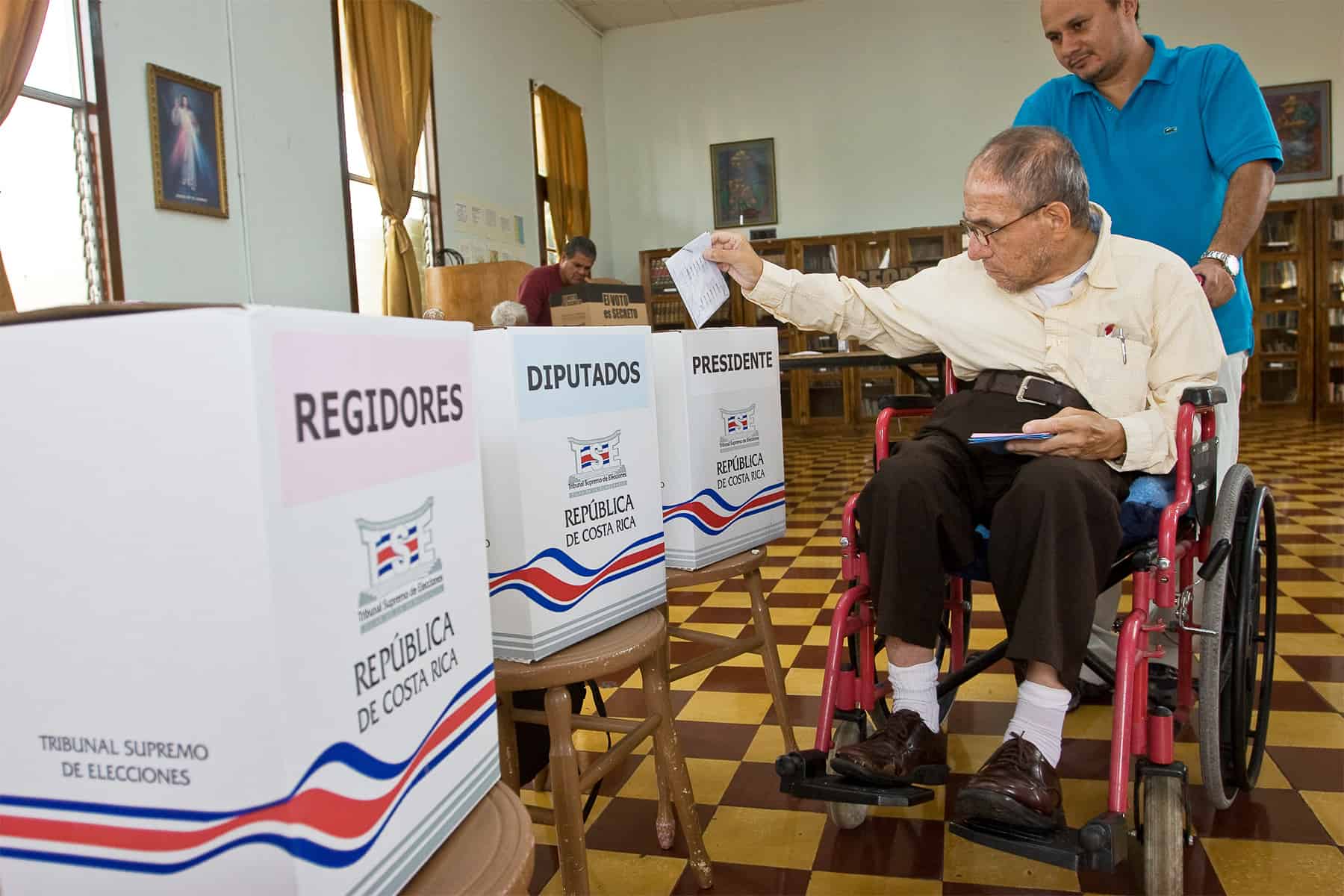The deterioration of democracy in Costa Rica is a problem that should raise alarms and draw the attention of the population, according to experts. Spanish professor José Luis Ros Medina, during a seminar organized by the National University (UNA), stated that “Costa Rica should start worrying.” The specialist pointed out that the country faces institutional tensions, democratic weakening, and disinformation, and urged public universities to assume a more active role in confronting the crisis.
In a regional analysis, Ros noted that Latin America once had 70% of its population living under democratic systems, a figure that has dropped to 50% due to corruption, social polarization, political alienation, and eroding trust in institutions. In Costa Rica, he highlighted signs such as increased violence, clashes between government branches, setbacks in press freedom, and growing democratic ambivalence.
He added that in Costa Rica, there are concerning signs of democratic deterioration: increased violence, confrontations between branches of government, setbacks in freedom of the press, and democratic ambivalence.
Analyst Sergio Ortiz echoed these concerns, warning of a decline in institutional respect, the rise of violent political rhetoric, and a disconnect between citizens and democratic values. He described the situation as the result of a deep structural crisis rooted in social inequality and an educational system that has “forgotten to teach the democratic foundations of our country and its history.”
Ortiz described Costa Rica’s current state as a crisis of representation, where politics has taken on “dangerously emotional and messianic” forms. “A portion of Costa Rica forgot their rights and duties as citizens and turned politics into a religion and the president into a messiah,” he said. He also criticized traditional parties for abandoning the most vulnerable sectors and neglecting marginalized communities.
Recently, President Rodrigo Chaves addressed the investigation of a corruption case involving members of his cabinet and reminded Costa Ricans that in 1948, the people armed themselves to fight in the Civil War. “In 1948, the people took up arms; I am not saying that they will do it now…. Would you dare? I don’t know,” he noted.






